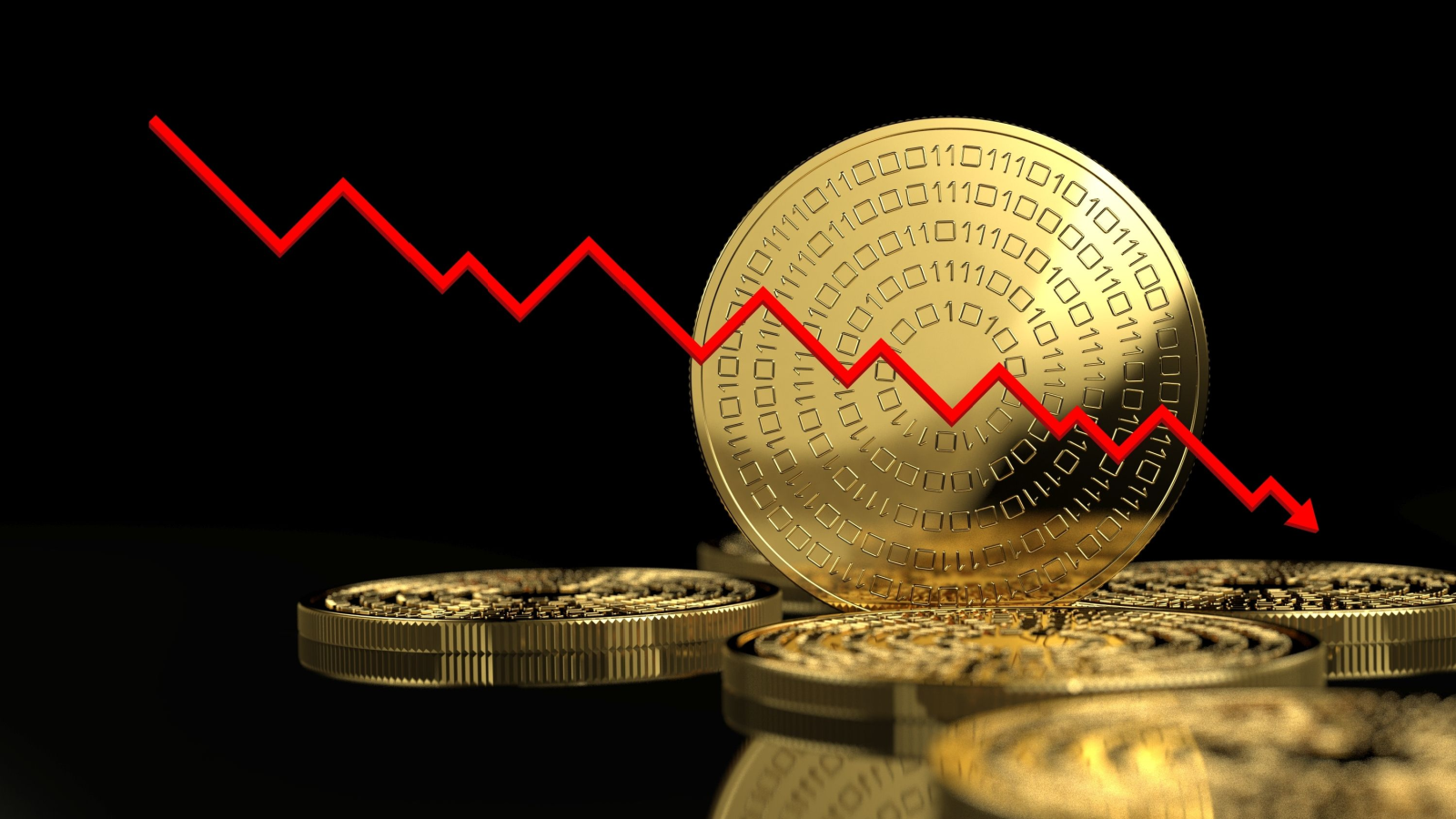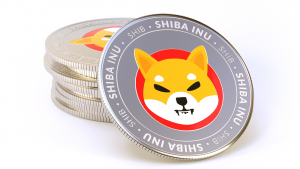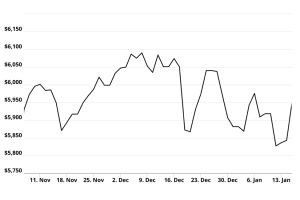
In the volatile crypto market, it’s crucial to spot bargains and avoid potential pitfalls, often in the form of overhyped, low-priced tokens with a history of dramatic gains.
Despite the crypto market recovering from the 2022 slump, some coins still face challenges. Plenty of pump-and-dump schemes are still prevalent, and investors need to beware. Of course, many prominent mega-cap tokens will continue to perform well, but smaller ones may struggle in a volatile and uncertain environment. With that in mind, let’s dive into three cryptos I think fall into the category of too speculative to buy right now, or ever.
Dogecoin (DOGE-USD)

Dogecoin (DOGE-USD) is well-known as one of the first and most prominent meme tokens in the crypto space. Created as a joke, Dogecoin has seen its valuation skyrocket. It made many investors and speculators wealthy during the recent bull market rally. Dogecoin’s valuation surged during the 2017 ICO bubble and later plummeted by 10x, in short order. It rose again in January 2021, driven partly by Elon Musk’s tweets, reaching an all-time high market cap of $73.4 billion.
Of course, with Dogecoin’s value largely tied to memes and the strength of its community, investors fave inherent risks when considering DOGE for an investment. These risks are compounded by the reality that nearly 95 wallet addresses hold roughly two-thirds of all outstanding DOGE tokens. If a few accounts start selling their stash en masse, the vast majority of investors who make up the other 33% of supply could be in for a rough ride.
Overall, Dogecoin is a project with some growth catalysts that may entice investors to consider this token for an investment. In my books, Dogecoin remains a speculative vehicle to bet on the digital asset space. No thanks.
ApeX (APEX)

ApeX (APEX-USD) is the native token of the ApeX exchange, a cryptocurrency exchange with elevated risk. As noted by Coinmarketcap, the ApeX Protocol is a “decentralized, non-custodial, permissionless, censorship-resistant perpetual derivatives protocol that enables the introduction of perpetual swap markets for any token pairs.”
That sounds great, as does the project’s focus on Web3 and Decentralized finance (DeFi) trading pairs. Those looking for a decentralized exchange to trade digital assets may be looking for such a solution. However, there are risks tied to lesser-known projects, with various experts citing dependability risks, relative to the competition.
ApeX allows trading of a limited cryptocurrency selection with low fees, while also offering high leverage options. The platform operates on TradingView, similar to competitors. No verification is required to start trading. It’s as simple as linking your crypto wallet like Metamask to your ApeX account. No educational resources are available, so users should already possess trading knowledge or seek it elsewhere.
In my view, too many red flags to count exist within this project. It’s one that I’m likely going to continue watching, to see how low it will go. But in my view, it’s not a project worth investing in at all.
Shiba Inu (SHIB-USD)

Before investing in Shiba Inu (SHIB-USD), consider its origins as a joke (similar to Dogecoin). However, unlike Dogecoin, I think Shiba Inu lacks most of the utility Dogecoin has managed to create over the years. This makes it the younger (and more speculative/risky) cousin of the original meme token king.
Of note, Shiba Inu’s price volatility should be of concern for investors. Over the past six months, SHIB is down over 40%. Elon Musk’s tweets about his dog seem to be the main driver of SHIB’s price. With a price in fractions of a cent, it’s challenging to assess its value. Indeed, any project whose fortunes are tied to the whims of an emphatic and erratic CEO is not one I want to invest in.
Shiba Inu’s Shibarium launch on August 16 fell short of expectations, with SHIB’s price declining. This happened despite months of anticipation and the introduction of a new consensus mechanism called Proof-of-Participation (PoP). Shibarium’s impact on SHIB’s chart was minimal after only a day. Thus, even Shiba Inu’s recent attempts to create value have fallen short.
For long-term investors with any concerns at all about capital preservation, steer clear of this project.
On the date of publication, Chris MacDonald did not have (either directly or indirectly) any positions in the securities mentioned in this article. The opinions expressed in this article are those of the writer, subject to the InvestorPlace.com Publishing Guidelines





